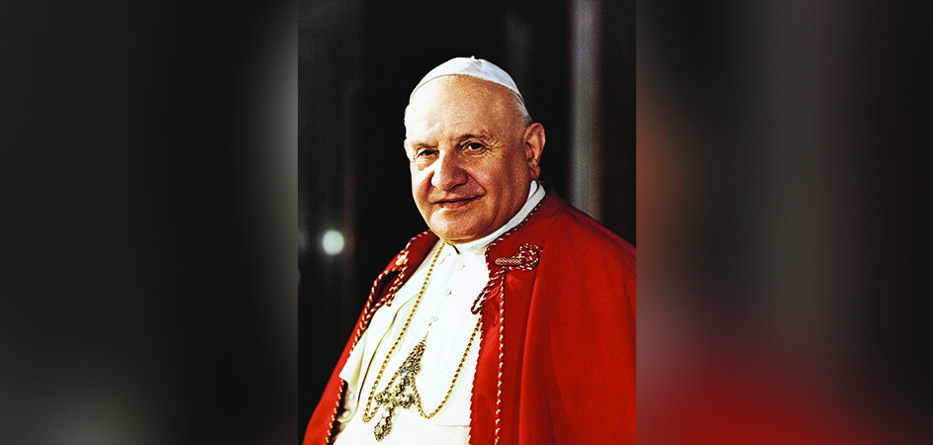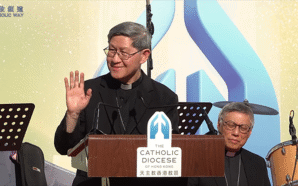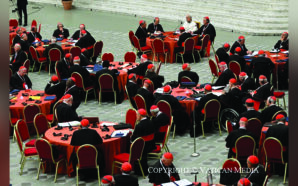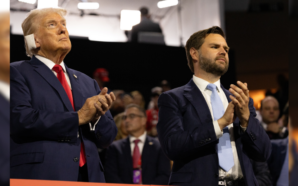When we look back at significant people of the past, our view of them is often coloured by people of the present in similar circumstances. When invited to write on Pope John XXIII, I certainly found his origins in a sharecropper’s house in Bergamo illuminated by Pope Francis’ experience in the Argentinian slums. Both Popes had a common touch, spoke earthily and lived through massive wars and fragile peace. Another reason for writing about him lay in the early focus of Pope Leo XIV’s ministry on promoting peace. Pope John’s final document was his masterly Encyclical on an ordered and peaceful society, Pacem In Terris. These coincidences suggested considering his life through the lens of peace and war.
Angelo Roncalli’s early years echoed those of other promising young priests. He was ordained in Bergamo in 1904, was promptly made Secretary to his Bishop, served as a stretcher bearer in the 1914 war, and in1921 Pope Benedict made him President of the Propagation of the Faith. In 1924, the Pope made him delegate to Bulgaria, a post for which he was himself made a Bishop. A central task was to build connections with the Muslim community, which had been severely diminished through the Balkan Wars earlier. He made lasting friendships with Muslim leaders.
In 1934 he was made delegate to Bulgaria, Greece and Turkey, also a demanding posting given the decades of conflict between these nations. During the Second World War, he made it a priority to protect Jews from persecution by diplomacy and so built relationships with the Jewish underground. After the War he was given another demanding commission as Papal Nunzio in France. He had to deal with the bitter divisions between Catholics following their different approaches to the Nazi occupation. At this time, too, he supported and sought support for the State of Israel.
In 1953 the Pope appointed him Patriarch of Venice, a relatively peaceful position. In 1958, however, Pope Pius XII died, and he was elected Pope, reportedly as a stopgap. If so, he defied expectations by visiting hospitals and prisons, speaking personally, and above all by calling the Second Vatican Council in 1959. He opened it in 1963 with the charge to renew the Church pastorally. His Encyclical on Peace was also published before he died that year.
If he had lived through the Council, it would have satisfied many of his hopes. It renewed the Church pastorally, reflected his concern in drivin for peaceful relationships between nations, and between Churches. It did not attempt to put a lid on change but to ignite and shape it. He would have been happy to see his pastoral concern find fruit in Pope Francis’ emphasis on synodality.
Pope John’s life was given to make peace and to make the Gospel come alive in trying situations. He opened doors for the Popes who would follow him.
Fr Andrew Hamilton SJ writes for Jesuit Communications and Jesuit Social Services.








